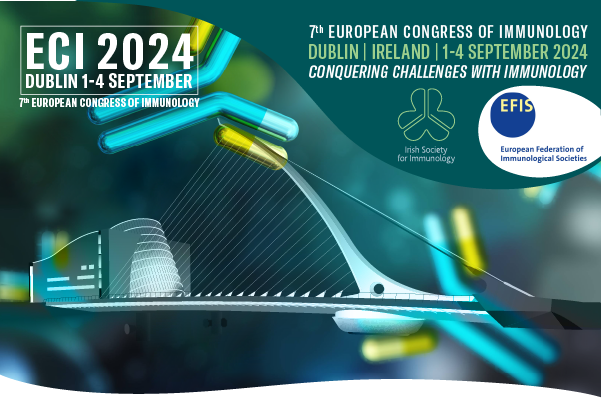

on site GUIDELINES
SATELLITE SYMPOSIA PRESENTATION
Click here for Guidelines
oral presentation
Click here for Guidelines
Click here to download the Slide template
POSTER PREPARATION AND SET UP
Click here for Guidelines
POSTER PRINTING SERVICE
Please find, here below, all contact information of a Dublin company that provides poster printing.
There will be no possibility of printing on site
POSTER PRINTING SERVICE BY READS
IMPORTANT NOTE → DEADLINE TO PLACE THE ORDER IS FRIDAY, 23 AUGUST 2024
After this date, the printing of the poster will be your responsibility.
You can order the poster directly through this link: https://reads.ie/products/posters-a2-a1-a0-size
During your order, please follow the guidelines:
1. Choose A0 Poster format = 84,1 cm x 118,9 cm (portrait)
2. YOU MUST SELECT Poster Tube 1 – the tube is needed to be able to find and collect your poster on site
3. At your discretion all the other options
4. Select “pick up in store” (this means the pick-up in CCD congress venue)
5. In the “note section” write: “ECI EFIS CONGRESS”
6. You can pay directly while doing the order. The standard poster including the tube costs 43,50€ vat included
7. Once finalized your order, you will receive by email a 5-digit number that you must communicate to pick up your poster.
In case you have any questions for the order procedure, please write to: info@reads.ie
POSTER COLLECTION
You will find your poster directly at the poster area of CCD (congress venue), you can collect it, providing your 5-digit number, according to the following schedule:
- Monday September 2 from 08:00 AM to 12:00 (noon)
- Tuesday September 3 from 08:00 AM to 12:00 (noon)
- Wednesday September 4 from 08:00 AM to 09:00 AM



